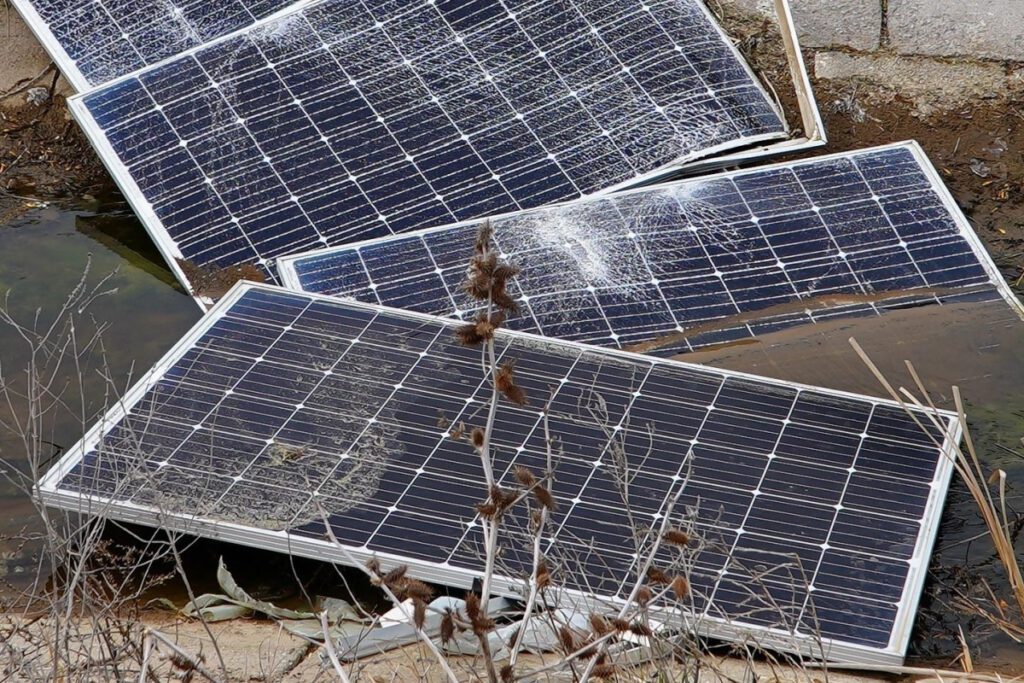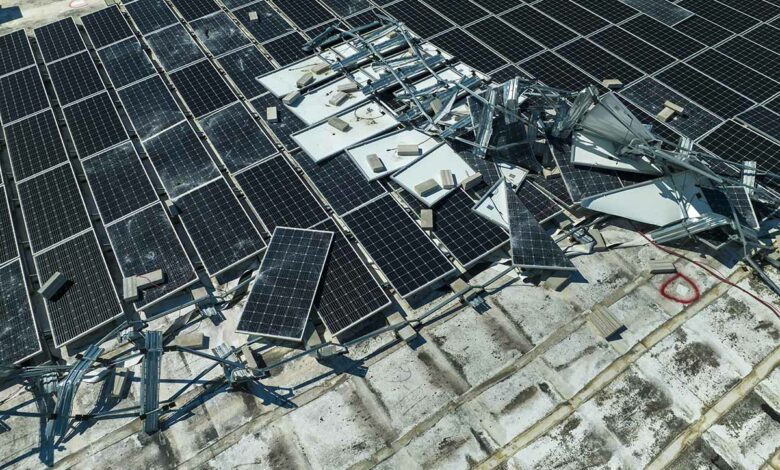I won't beat around the bush: solar panels are everywhere, but once their function is exhausted they become a problem. A French startup with a somewhat naive name, Rosi Solar, has devised a method for recycling solar panels efficiently by separating and reusing materials such as copper, silver and silicon.
A solution that could change the way we manage solar energy in the near future.
The secret: “decomposition”
As the adoption of solar panels grows at exponential rates, the issue of their recycling becomes crucial. Rosi Solar faced the challenge with an innovative approach: "decomposing" the panels.
Behind this company is Yun Luo, a physics with a vision of a world where photovoltaics and sustainability go hand in hand, supported by Guy Chichignoud, an expert in silicon purification.

Recycling solar panels, incidentally, doesn't simply mean dismantling them (also because it doesn't solve much), but separating and reusing their essential components in a three-step process.
The heart of the process is a thermal, mechanical and chemical treatment. Start heating the panels to high temperatures to eliminate the external polymer. Subsequently, the parts containing silver and copper wires are insulated by silicon. The last step? A chemical treatment that sees the metals immersed in specific baths to separate the silver from the copper. Result: many materials that are no longer wasted, but find a new life.
Kerf and recycling of solar panels
The “kerf”, a sort of “silicon sludge”, is a secondary product of the solar panel cutting process. It is made of pure silicon and can be reused, while the silicon particles, once purified, return to the beginning of the production cycle.
The French company has ambitious plans: first, to recycle up to 100.000 solar panels by the end of the year. In figures we are talking about 100 tons of copper, 60 tons of silicon and 180 kg of silver reported in circulation. Europe welcomes them with open arms, other global markets such as the USA, China and Japan are starting to think about it.


